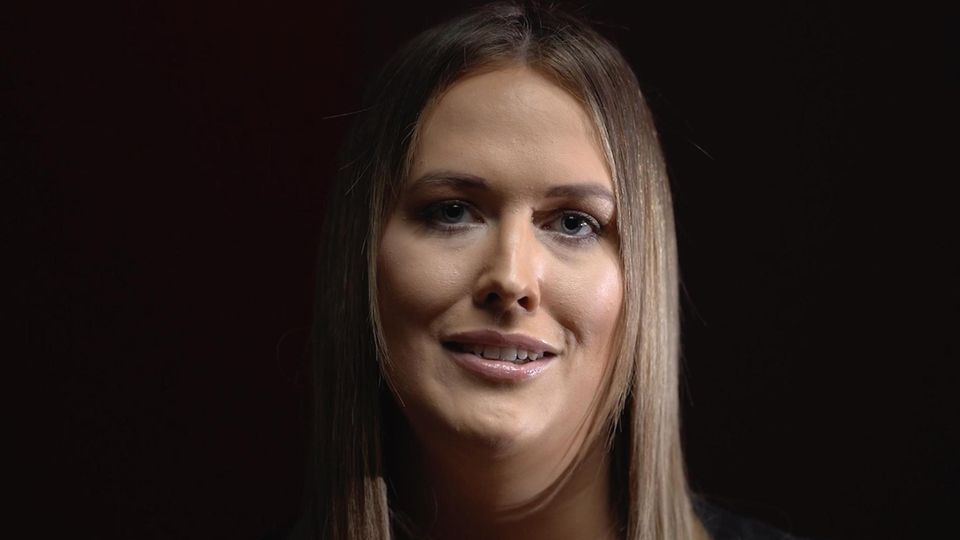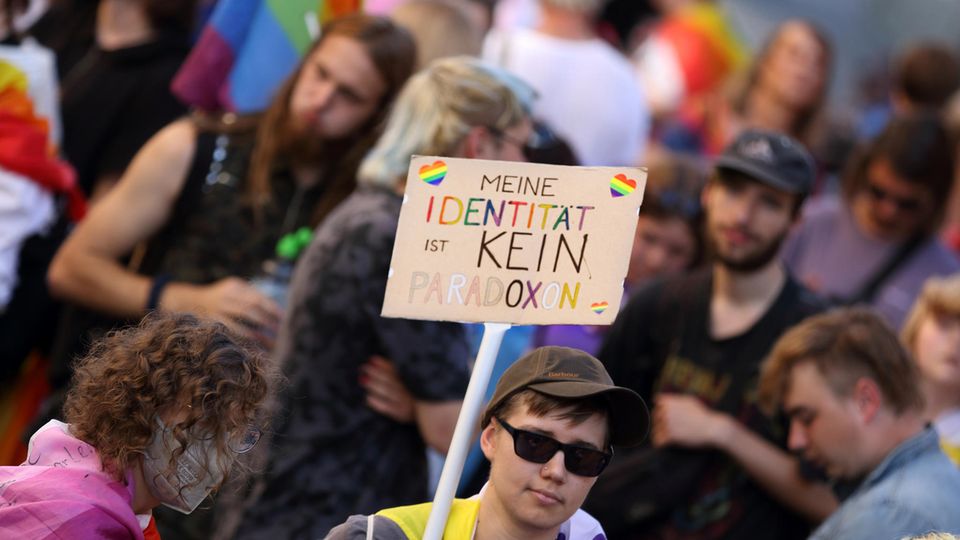Change gender entry
The self-determination law is coming: Bundestag votes for reform
According to the new Self-Determination Act, people should be able to change their gender and first name by making a declaration to the registry office
© Christoph Hard / Imago Images
It is done: The Bundestag has voted for an amended self-determination law. In the future, it will be easier for trans people to change their gender and first name at the registry office.
On Friday, the Bundestag voted on the self-determination law introduced by the federal government. In the future, people should be able to change their gender and first name by making a declaration to the registry office. The previous obligation to present a medical certificate for this should no longer apply. For minors under 14 years of age, only the legal representative should be able to make the declaration.
Union criticizes self-determination law
The law is intended to make it easier for adult trans people, intersex and non-binary people to change their first name or gender entry. So far, two psychological reports are required. In the end, the district court decides. Those affected criticize the process as lengthy, expensive and degrading.
Federal Family Minister Lisa Paus (Greens) defended the project against criticism before the vote. For those affected, the current situation is “unacceptable” and “discriminatory,” she said on Bayerischer Rundfunk on Friday.
“We are doing nothing other than finally enabling the right to free personal development guaranteed in the Basic Law (…),” said Paus. She defended the fact that young people aged 14 and over will in future be able to apply to the registry office to change their gender entry. “14 is the normal number that we also know, where you can decide, for example, what religion you belong to, whether you want to leave or join the church,” says the minister. “And that’s why it’s simply in accordance with the logic of German law.”

The Union parliamentary group sharply criticized the new law. It has security gaps and can be misused by criminals, said the deputy chairwoman of the CDU/CSU parliamentary group, Andrea Lindholz, on radio station WDR 5 on Friday.
In the Union’s view, the protection of children and young people is no longer guaranteed by the Self-Determination Act. A mere consultation is not comparable to a medical report. But children are developing and health risks also have to be taken into account. The pressure on parents and children is now increasing. That is why the Union rejects the law.
The transsexual law from 1980 is currently in effect and will no longer apply with the new law. Until now, those affected had to endure a lengthy and expensive procedure with reports and court orders if they wanted to have their gender entry, including their first name, changed. Until 2011, transgender people even had to be sterilized. The current legal situation violates human dignity, says the federal government’s queer commissioner, Sven Lehmann. The German Psychotherapists’ Day has also been advocating for a long time to reduce hurdles for those affected.


